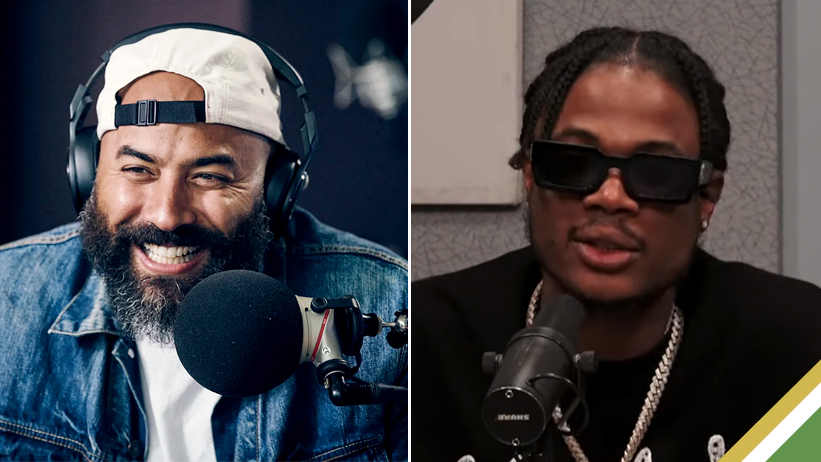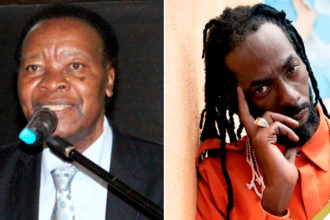In a moment that could shape the next wave of Caribbean music’s global strategy, Hot 97 host Ebro Darden used his platform during a recent interview with dancehall star Masicka to issue a bold call: it’s time for Jamaica and the wider Caribbean to deepen ties with African artists and audiences, rather than over-prioritize North American trends. The suggestion arrives at a pivotal moment when genres like Afrobeats and Amapiano are not only dominating global charts but reshaping the soundscape of popular music.
Ebro’s insight is backed by compelling data. In 2024 alone, Afrobeats saw a 34% rise in global streams, while Nigerian music exports jumped by 49% over the past three years. South Africa’s Amapiano has surged with a jaw-dropping increase in streams over the past decade, gaining 153% more international exposure. These figures are more than just numbers—they’re proof of a global appetite for African-rooted rhythms and a reminder of the cultural power Caribbean music could harness through collaboration.
In contrast, reggae and dancehall—while iconic—are showing slower growth. Reggae still ranks as the tenth most favoured genre globally and commands a loyal following among millennials and Gen Z, yet the growth rate pales compared to the meteoric rise of Afrobeats. Dancehall, once the pulse of global pop experimentation, risks stagnation without strategic reinvention and international bridging.
Masicka, known for his lyrical precision and genre-bending sound, echoed similar sentiments during the interview, revealing plans for an upcoming collaboration with U.K.-Ghanaian rapper Stormzy. It’s a timely move and one that aligns with Ebro’s vision of Pan-African unity in music. With artists like Burna Boy, Tems, Wizkid and Asake leading the charge globally, aligning Caribbean talent with African counterparts could usher in a renaissance—one built on shared roots, rhythmic innovation, and cultural pride.
As streaming numbers and audience demographics evolve, so must the strategies of artists and industry players. Ebro’s commentary isn’t just a suggestion—it’s a blueprint for longevity, relevance, and mutual empowerment in the global music space. The Caribbean has the vibe, Africa has the volume, and together, the sound can be unstoppable.













